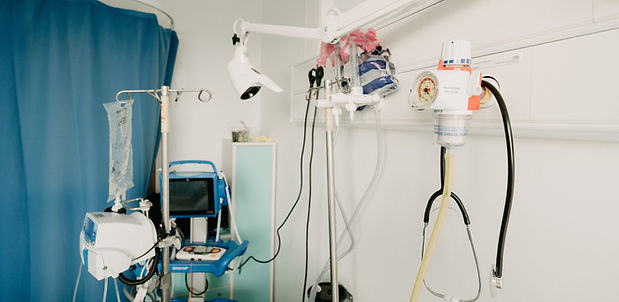Anesthesia
Anesthesia is when doctors use medicines to keep you from feeling any pain during a medical procedure. Sometimes it just numbs one area of your body. Other times, it puts you into a deep sleep so you won’t feel or remember anything. Which kind you receive depends on what’s being done and what will keep you safest. A trained medical team watches your breathing, heart rate, and comfort to make sure you’re okay from start to finish.

The Teen
Connection
Why does it matter for teens?
It’s important for teens to understand how anesthesia works and how it’s given as it’s a common part of many medical procedures they may experience. First, knowing about anesthesia can help reduce fear and anxiety by removing the mystery around how it works. Second, it creates informed decision making in teens as they can better understand their treatment options and feel more in control. Lastly, it helps teens to communicate openly with healthcare providers and recognize possible side effects if they occur.
How It Affects You
“Getting your wisdom teeth out?”
“Need surgery for a broken bone after a football game?”
Well, anesthesia is probably part of the treatment plan…
Wisdom teeth extraction can include 3 different types of anesthesia (local, sedation, or general). Local numbs the area only, sedation makes you relaxed and sleepy, and general puts you fully asleep so you don’t feel anything.
If you break a bone, doctors might need to do a closed reduction and then use a splint or cast for the bone to heal. For this, you'll get medicine to numb the area, relax your body, or put you to sleep so you don’t feel pain.


Glossary
Anesthetics
a drug that causes the loss of pain awareness

